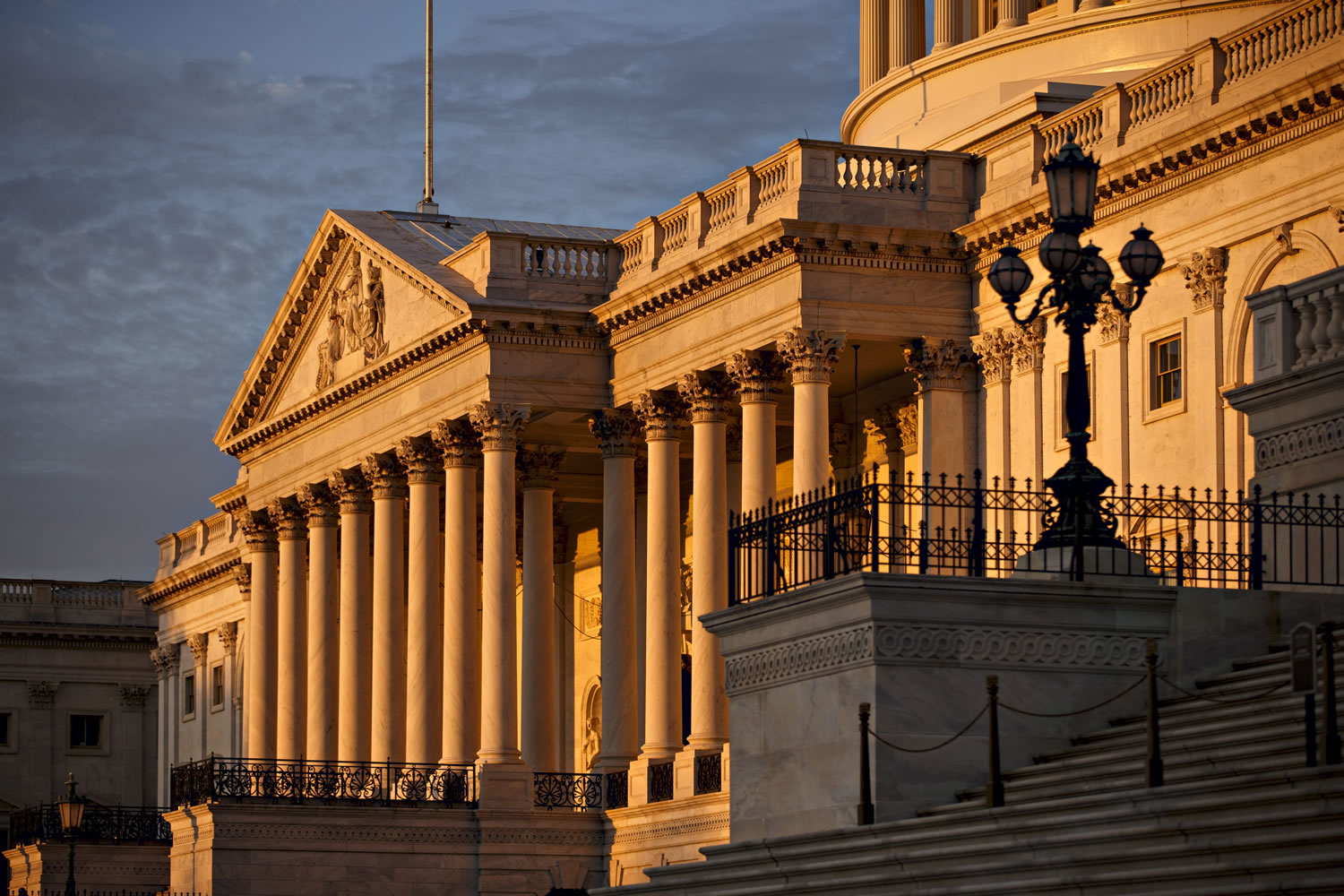OLYMPIA -- As the House and Senate continue to battle over a budget compromise, the impact of a potential government shutdown on Washington state would be varied.
Officials launching Washington state's new health insurance exchange have said they aren't concerned that computer glitches, bad weather or even debates in Washington, D.C., over a possible government shutdown will stop people from signing up for health insurance when the marketplace debuts on Tuesday.
"We're not really worried about that," said Michael Marchand, spokesman for the Washington Health Benefit Exchange, which runs the Washington state programs involved in President Barack Obama's Affordable Care Act.
They're also not worried about being overwhelmed by consumer phone calls or Internet traffic or even political protests when the exchange opens, he said.
"This is a long-awaited step forward for our country and our state," Gov. Jay Inslee said during a news conference in Olympia. "Despite the shenanigans happening in Washington, D.C., today, we're ready to go in the state of Washington tomorrow."
State Sen. Karen Keiser says the Affordable Care Act is the law of the land and nothing that happens in Washington, D.C., this week will change that.
"This isn't a one-day event. This is a landmark in history," said Keiser, D-Kent.
Washington residents have six months to buy health insurance through the new exchange during the first enrollment period, which ends in March.
They can sign up online at the Washington Healthplanfinder, on the telephone or in person at community centers, fire stations, libraries, churches and during special events.
The state hopes to enroll 130,000 people for health insurance in 2014 and another 280,000 in 2015, said Richard Onizuka, CEO of the Washington Health Benefit Exchange.
The state estimates about a million Washington state residents do not have health insurance, or about one in seven people. About 325,000 will be eligible to sign up for free insurance through Medicaid.
Others will get a discount on their insurance through a credit on their federal taxes. To find out if they qualify for a tax credit or may be eligible for Medicaid or another program for free insurance for kids, people will need to fill out forms online or access the exchange by telephone or in person.
The exchange will ask for some personal information, such as Social Security numbers, ages and income, but people who just want to check it out and not sign up yet can do so anonymously. The length of the sign-up process depends on how many people live in a household and how much comparison shopping is done.
Under the Affordable Care Act, people who don't have insurance in 2014 will pay a fine when they file their federal income taxes in early 2015. The fines for people who ignore the new law are scheduled to increase over time.
"We want 6.5 million people to go to healthplanfinder to check it out," Marchand said.
He said testing and training has been done to handle a lot of visitors with different needs, and the website has been stress tested to handle large numbers of visitors.
"We understand anything could be possible and we've taken the steps to make sure we're ready for that," Marchand said.



